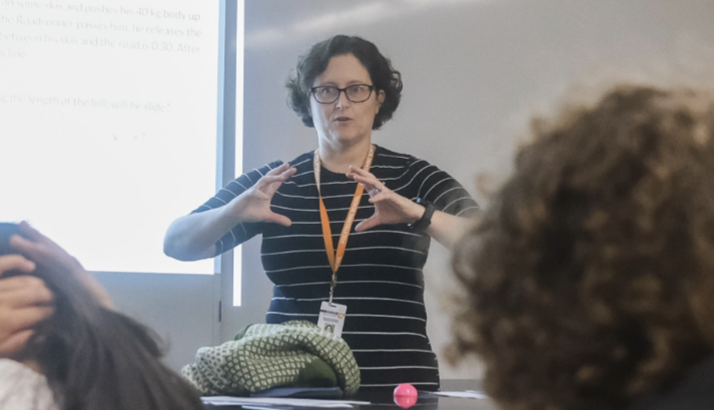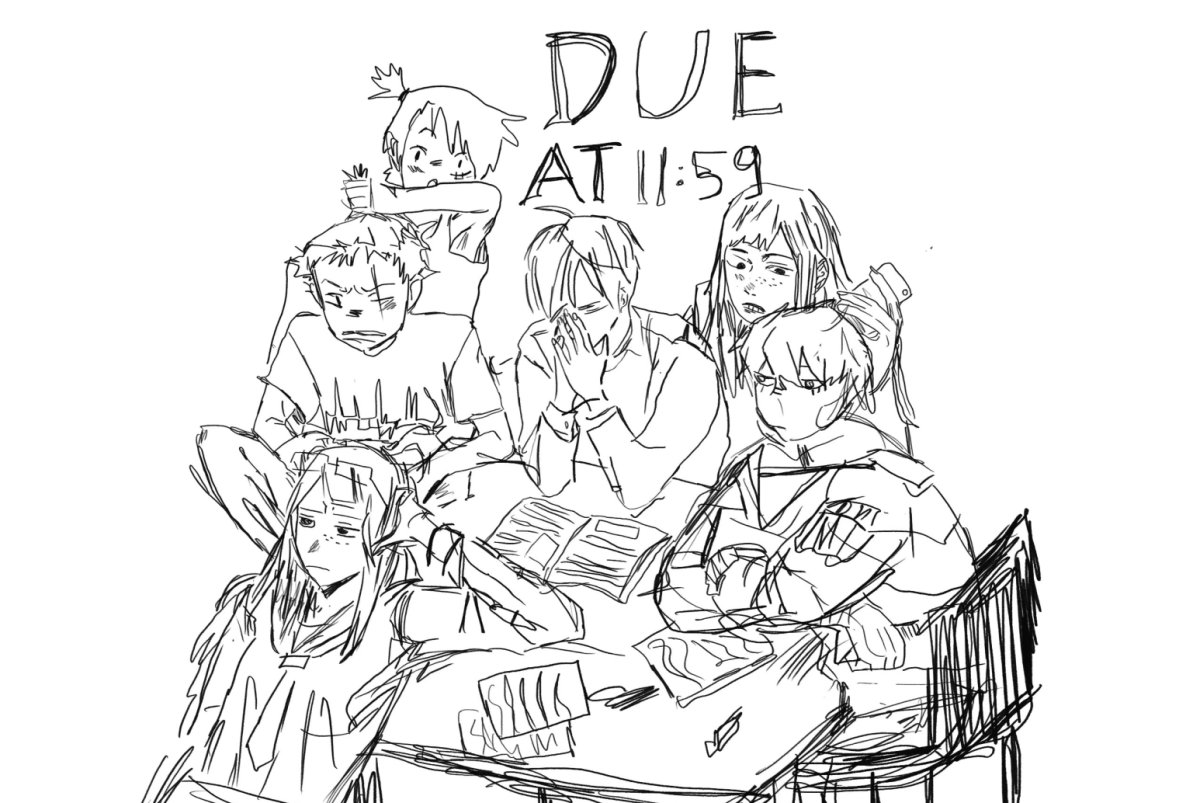In countless group projects, I have faced the same decision: either I can do more than my fair share of the work, or I can let my grade suffer. I always choose the former. While this is the preferable option grade wise, it does not come without its own consequences as I am forced to take time out of my own schedule to compensate for my group members’ lack of effort.
This is not a unique experience for me; other Poly students share my dislike of graded group projects. Sophomore Benjamin Lee commented, “While group projects foster collaboration with peers, I believe they ought to be focused more on learning something new together and less on the grade attached. Group projects have become a source of dread because I feel like I have to do more work than my teammates to get the result I want.”
Senior Emma Newhall’s negative experiences in group projects inspired her to give her junior speech on the topic. She explained, “I don’t like group projects because the workload is never even. Especially if there are group grades, people don’t do their share, and then other people feel like they have to fill in so they can get a good grade.”
Three factors contribute to the often-overlooked issue of group projects. First, each student in a group has a different work ethic. Second, each student has a different level of knowledge or skill in the subject. Third, and most significant, each student has a different standard for their work.
Graded group projects can have wide-reaching negative repercussions. For the students who have higher standards of work, they must make up for or revise the work of their group mates if they want to achieve the grade they would receive for individual work. The students with lower work ethics also experience detrimental effects resulting from group projects. In an individual project, they would be forced to learn and understand the material if they want to earn a good grade on the assignment. In a group project, however, they can rely on their group members to cover for them. While this may work out for them in the short term, such a deficit in their knowledge will negatively impact their future academic performance when they need to know the material.
So, if group projects have so many drawbacks, why do teachers assign them? History teacher Norman Frazier explained why he uses group projects in his classes: “One of the most important features of them is teaching collaboration and teamwork skills.”
10th Grade Dean and Coordinator and Performing Arts Instructor Cynthia Crass concurred. She noted, “Working with someone else… creates a set of problems that have to be solved, and I think those are all good skills to learn.”
Frazier also mentioned another benefit of group projects: “I think it’s beneficial for students to go through the process of mapping out an idea with their peers. In the planning process, one student will have an idea, and it bounces off a number of other students and the expanded idea can influence one student’s perspective.”
However, these benefits of group projects can be achieved in other ways. Newhall gave an example of an effective alternative to group projects: “For my [AP US History] class last year, we would just read something as a group… and then we would all discuss as a group what we believed the main ideas were. I said [in my junior speech] that ‘such an example of group work encourages collaboration and idea-sharing,’ which I feel are the main goals of group projects, but it does so without grading it and without putting the pressure on people to get their share of the work done, and then other people are stressed out because all the work’s not getting done.”
Another way to address the problems posed by group projects is by grading students individually instead of giving a single grade to the entire group. Crass has successfully implemented this method into her Theater: History & Application class by assigning each student to work on a part of a group project and then grading them on the part they completed. She explained why she chose this method: “If there’s a kid that doesn’t do the work, it doesn’t drag the whole group down.”
Ultimately, teachers should grade students based on their own work, not anyone else’s. As high school students, we are at a pivotal moment in which our academic performance will help determine the colleges we attend and, thus, our future careers as well. Therefore, our grades should consist solely of our own work because we are the only ones who will be affected by them.

























